Languages | Select One Stream
Students in Year 8 are able to select one Language to study for 2 semesters.
Arts | Select Two Electives
Students in Year 8 are able to select two Arts Electives to study – one in each semester.
Technology | Select Two Electives
Students in Year 8 are able to select two Technology Electives to study – one in each semester.
French

Overview
In Year 8 French students investigate links between the French language and culture. They learn French through short plays, gestures, movement and song.
Students learn by using vocabulary specific to topics including travel, family, directions, animals, the environment and weather. Students make use of grammar to express their point of view and exchange information about their personal world through letter writing. Students become familiar with the skills involved in learning French: reading, writing, speaking, listening and viewing. Students will develop strategies for self-correction by developing an understanding of grammar and context. Students explore francophone cultures and use language, culture and technology to communicate in today’s world.
Assessment
In French students are assessed in the five macro skills that inform all language use: listening, speaking, reading, writing and viewing. Students gain greater confidence in using the language to talk about themselves and interact with others.
Indonesian 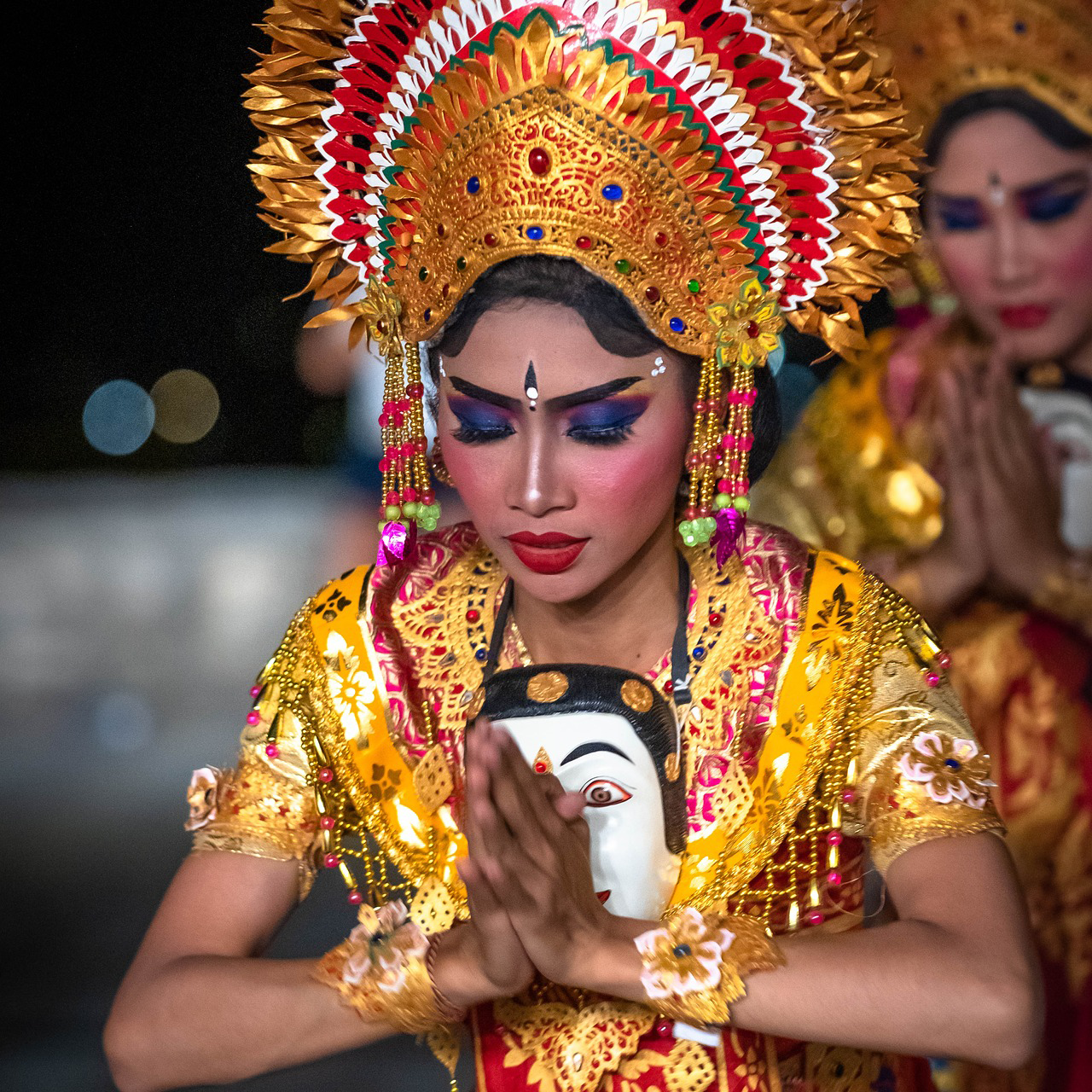
Overview
In Year 8 Indonesian students investigate links between the Indonesian language and culture, with a particular emphasis on Bali. They learn Indonesian through photo-stories, role-plays, movies and songs. Students learn by studying vocabulary specific to the topics studied including leisure activities, the school, the family and holidaying. Grammar is learnt in context and is applied through postcards, emails and letters. Students develop skills in the four macro skills of speaking, listening, reading and writing. Throughout the year, students are engaged in cultural activities including making batik and projects that expose students to the diversity of Indonesia.
Assessment
In Indonesian students are assessed in the five macro skills that inform all language use: listening, speaking, reading, writing and viewing. Students gain greater confidence in using the language through their interaction with others. Frequent but short bursts of language games promote familiarity and enjoyment of speaking.
Italian

Overview
In Year 8 Italian students investigate links between the Italian language and culture. Students learn by using vocabulary specific to the topics studied and make use of grammar to express their point of view. Topics covered include: Italian geography, places of interest, popular sports in Italy, Italian traditions and music. Students become familiar with the skills involved in learning Italian: reading, writing, speaking, listening and viewing. Students will develop strategies for self-correction by developing an understanding of grammar and context. Students also become more confident using the language to communicate in Italian with others.
Assessment
In Italian students are assessed in the five macro skills that inform all language use: listening, speaking, reading, writing and viewing. Making connections and comparisons between Italian speaking communities, whether it be in Italy or in Australia, provide the context for learning. Students use the language studied to engage in short conversations, writing short texts and being responsive to audio and images.
Art
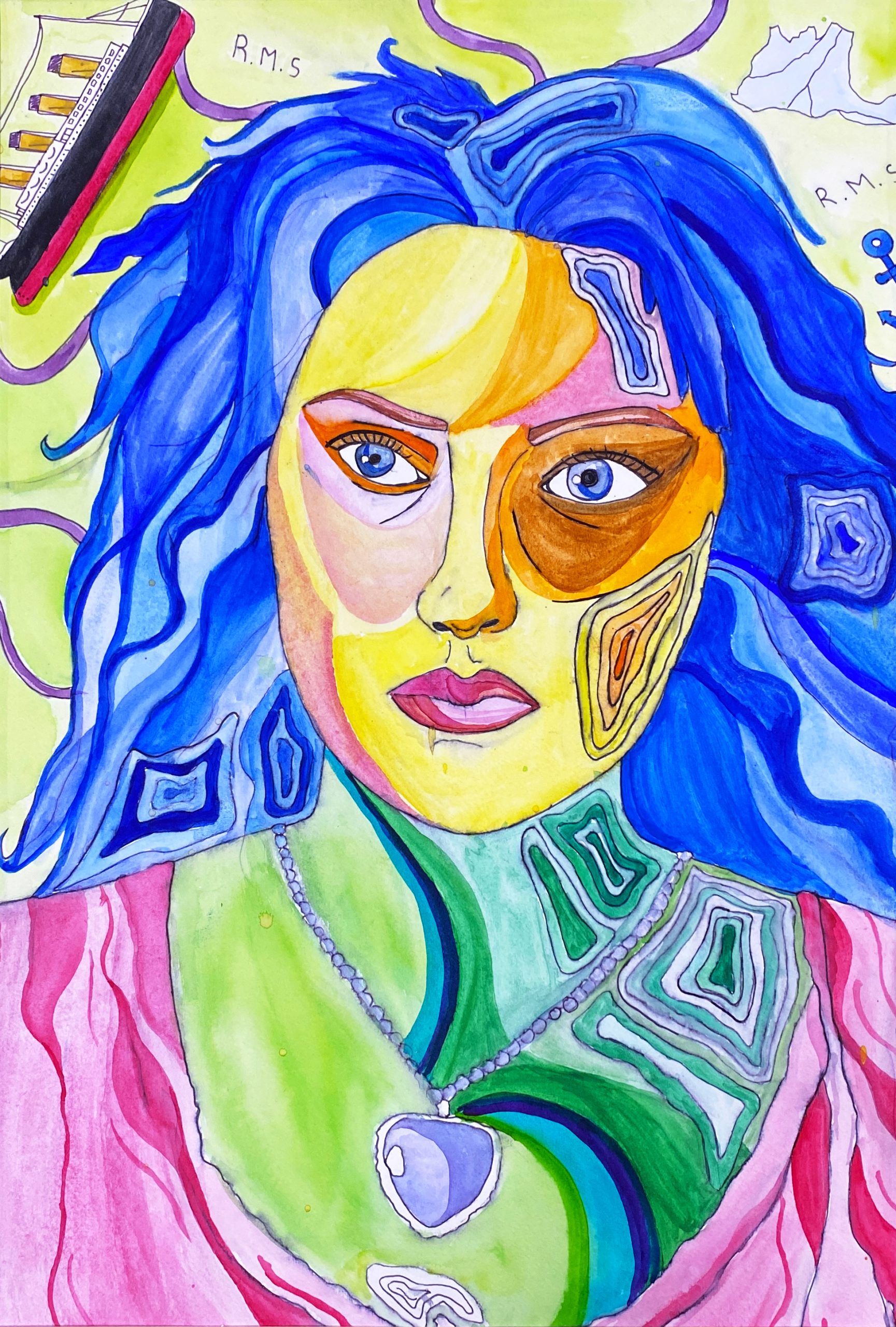
Overview
In Year 8 students make and respond to visual artworks. They create visual expressions of selected themes through a variety of visual arts forms and styles. Students research and explore a range of traditional and contemporary artists. Students build on their awareness of how and why artists and designers realise their ideas through different visual expressions.
Assessment
- a folio of artworks in a range of media
- a visual diary recording student’s development of ideas & evaluations of completed artwork
- Written responses analysing the artworks of a variety of artists, their aims and technique
Drama
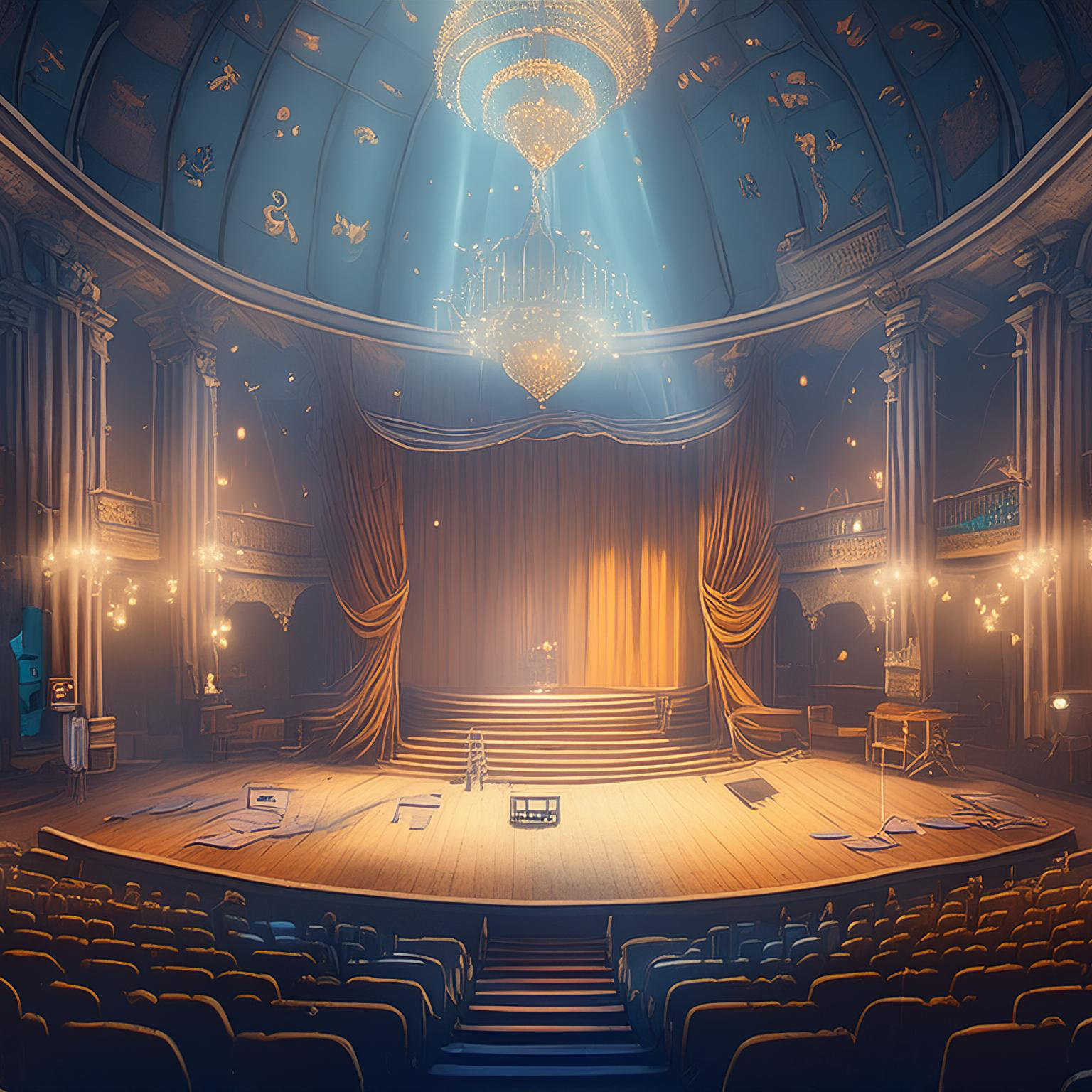
Overview
Drama in Year 8 builds students’ acting, directing and production design skills. Students work in groups to stage a scripted performance from a modern one-act play, and learn about play-making as they create a devised group performance influenced by Elizabethan theatre. Students extend their skills and knowledge about production areas, including costume and makeup design, and also learn how to analyse some key aspects of theatre performance. The course is focused on collaboration and providing sustained practical experiences in production roles to encourage teamwork, creativity, problem-solving, independence and confidence.
Assessment
- A scripted group performance of a scene from a modern play
- A devised group performance influenced by Elizabethan drama
- An individual production design interpretation
Music
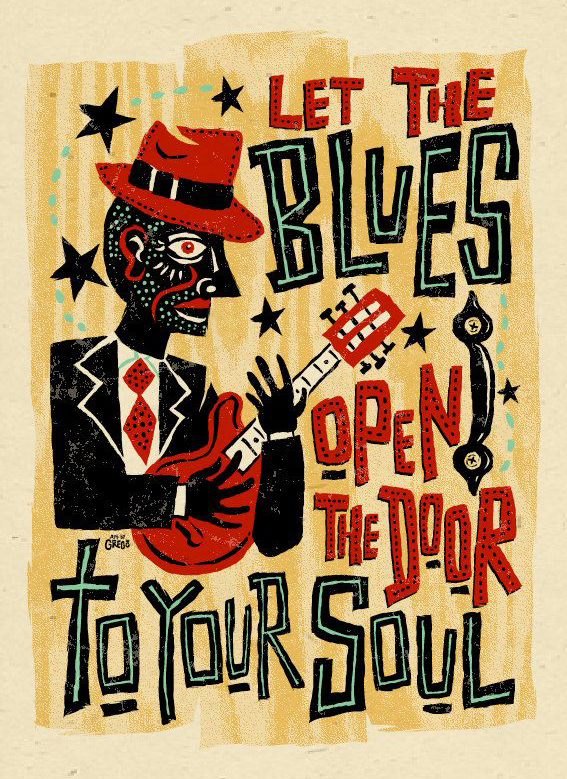
Overview
The Year 8 Music course builds on and expands basic music skills including: listening skills, voice, instruments and technologies to find ways to create and manipulate effects. They develop music ideas through improvisation, music literacy, composition, performance and analysis. Students create short compositions incorporating distinctive musical features in traditional African, Asian, 12 Bar Blues and Rock/Popular styles. They notate and perform all original work. Students listen to and read music identifying, analysing and describing music elements. They also discuss how music is used in films to convey ideas and create mood.
Assessment
- Composition and group performance of a 12 Bar Blues
- Individual analysis of the music and lyrics of a popular song of their choice
- Composition and group performance of a pop song
Digital Technology
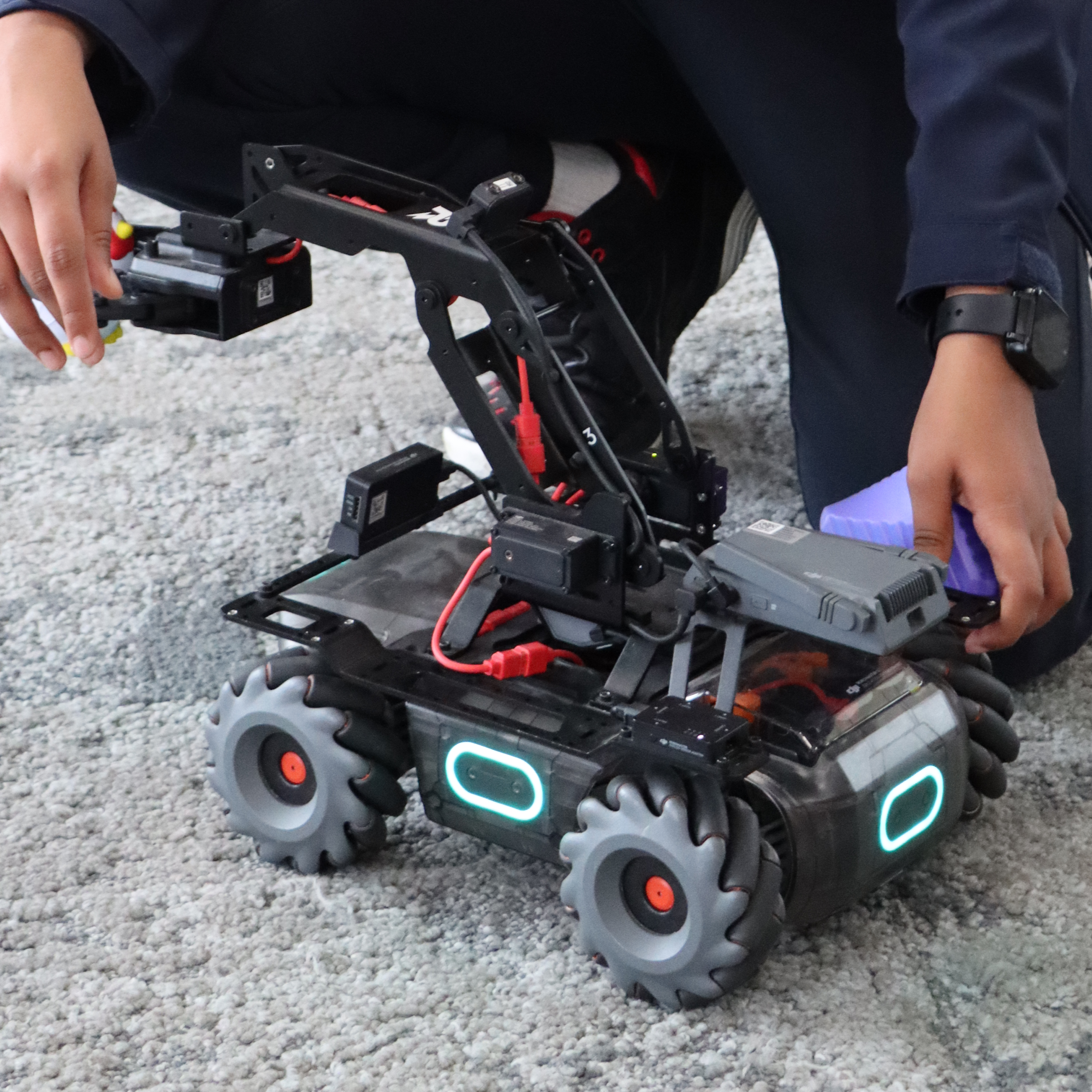
Overview
So you amazed yourself with what you could do in Year 7 IT and are now wondering what’s next? In Year 8 Digital Technologies you have the chance to take things to the next level!
Ever wondered how you could send secret messages hidden in images or gibberish to your friends which only they can interpret?
In the Cryptography topic, we will learn all this and more.
Curious about how to make stunning websites?
You’ll learn just this in the Web Development topic.
And finally, do you want to drive a robotic car? Want doors to open when you approach them? How about a device that automatically scores your sporting game?
These technology applications are called Physical Computing and, in Year 8 Digital Tech, you will learn how to make them. Take a look at this video where illegal tree logging results in a “Help” message being sent to the rangers. What automated solution will you come up with?
Equip yourself with 21st century skills. Whatever your ability level, you’ll find Year 8 Digital Tech has something for you!
Assessment
- A small group project involving physical computing
- A webpage demonstrating your understanding of cryptography
Baking Delights

Overview
Over the past few years many of us have discovered the joy of baking – who didn’t make a sourdough loaf during lockdown?! This unit will explore a variety of baked items and treats
- Biscuits and slices (sweet and savoury)
- Pastries (filo, puff and short)
- Batters and doughs
The purpose of this semester length unit is to continue to examine the characteristics and properties of foods and how these determine preparation techniques and presentation. The students will be introduced to key techniques used to produce set food items to investigate, generate, produce and evaluate design problems to propose solutions. The students will work independently and collaboratively as part of a team when proposing these solutions. Skill development will continue to be a focus across the semester.
Assessment
Students will undertake a variety of common assessment tasks which include:
- Folio
- Design brief
Pathways
- Year 9 Cafe Culture
- Year 9 Food Safari
Product Design Technology
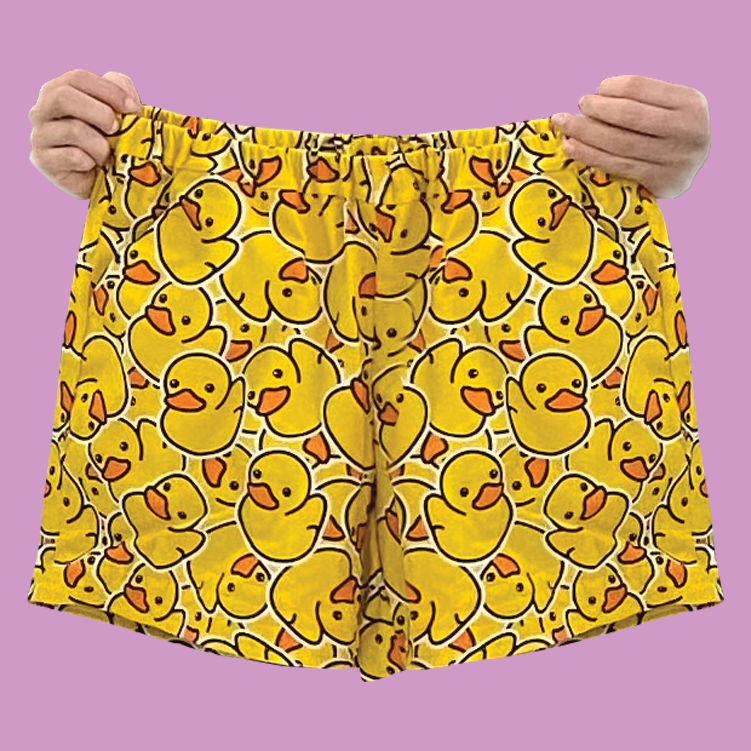
Overview
In Year 8 Design and Technology (Textiles) you will have the opportunity to further extend on the skills learned in Year 7.
This time the focus will be on creating a wearable product or item of clothing. Classes will include the skills and techniques involved in:
- Establishing a good fit with a pattern through accurate body measurements and comparison.
- Woven materials and how to make good judgements about their suitability.
- Cutting, pinning, sewing and pressing.
In your journal, you will respond to feedback from others and evaluate your processes and final product, these will assist with:
- Developing greater awareness of the challenges the fashion industry imposes on people and the planet.
- Using design thinking to look for opportunities and generate ideas.
- Navigating the design process through finding ideas and the development of presentation drawings that solve a specific problem.
- Using a range of techniques to communicate, that generate and clarify ideas through sketching and presentation drawings.
Assessment
- Design folio – a folio that shows your application to the design process
- Production work – Production assessment is based on your application to, and quality of finish of the major product(s) based on the design brief requirements, journal and evaluation

